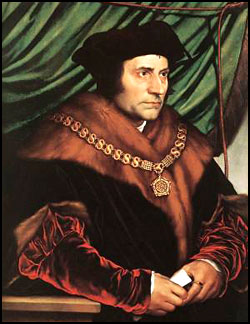In Shakespeare’s Othello Desdemona is perceived as naïve and very foolish due to her age and lack of life experience, her strength is questioned multiple times in this tragedy only because she is a woman but the acts of courage, bravery, and strength that she does perform are quite admirable until she finally succumbs causing her own death.
(Act I Scene III lines 213-214)-"I am hitherto your daughter. But here’s my husband".Desdemona shows courage and strength after eloping in the night by defending herself to her uninformed father and to the most powerful men in
(Act III Scene III lines 68-82)-"Why the tomorrow night, Tuesday morn, On Tuesday noon or night; on Wednesday morn. I prithee name the time, but let it not Exceed three days. In faith, he;s penitent; And yet his trespass, in our common reason-Save that, they say, the wars must make example Out of her best-is not almost a fault T' incur a private check. When shall he come? Tell me, Othello. I wonder in my soul What you would ask me that I should deny, Or stand so mamm'ring on? What? Micheal Cassio, That came a-wooing with you, and so many a time, When I have spoke of you disapraisingly Hath ta'en your part-to have so much to do To bring him in! I could do much-"When Desdemona arrives in
”(Act III Scene III lines 325-332)“Why do you speak so faintly? Are you not well?...I am very sorry that you are not well”. Though mounting suspicion had appeared Desdemona did not falter or operate in a guilty fashion, she cared for Othello unconditionally and still acted as his wife caring for him when he was pained.Desdemona tries to stop Othello’s headache with the handkerchief that he has given her despite how unpleasant he is acting towards her she never backs away.
(Act III Scene IV lines 159-175) “I prithee do so. Something, sure, of state, Either form Venice, or something unhatched practice Made demonstrable here in Cyprus to him, Hath puddled his clear spirit; and in such cases Men's nature wrangle with inferior things, Though great ones are their object. 'Tis even so. For let out finger ache, and it endues Our other healthful members even to a sense Of pain. Nay, we must think men are not gods, Nor of them look for observancy As fits the bridal. Beshrew me much, Emilia, I was-unhandsome warrior as I am!- Arraingning his unkindness with my soul. But now I find that I had suborned the witness, And he's indicted falsely ” . When Desdemona speaks to Emilia privately they discuss relationships and Desdemona has a stance of monogamy and standing by your husband no matter what his actions are and how he treats you. This entails a strong woman because she is willing to put up with his behavior towards her and try to work things out for the better which is not many people’s idea of marriage
”(Act V Scene II lines 100-104) -"Kill me tomorrow let me live tonight…But half an hour…But while I say one prayer"When Othello enters her room in the darkness of the night with only the flicker of a candle to and the sound of his voice to awaken her she knows exactly what is happening.This is her final plea of innocence not of sorrow or redemption because she has done nothing wrong and wishes one last time to clear her name but it too late. These are some of the strongest lines in the entire play because the man that she loved and risked everything for has turned his back on her by taking her very life.




